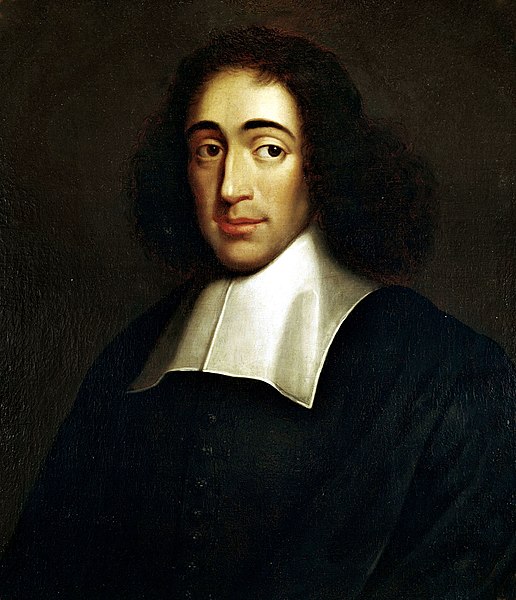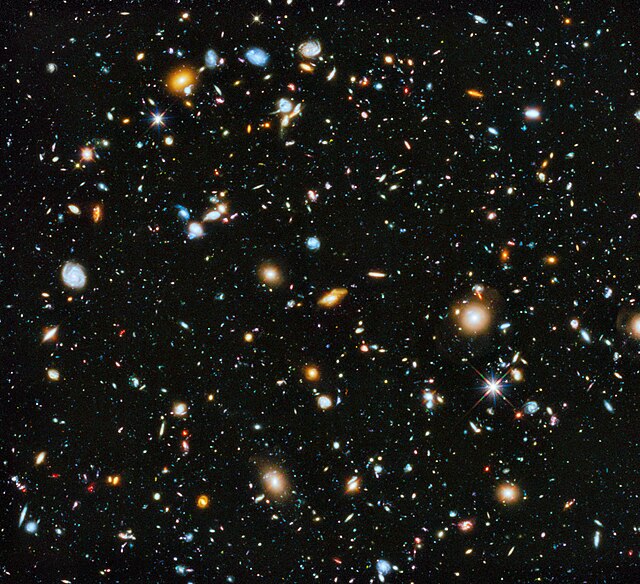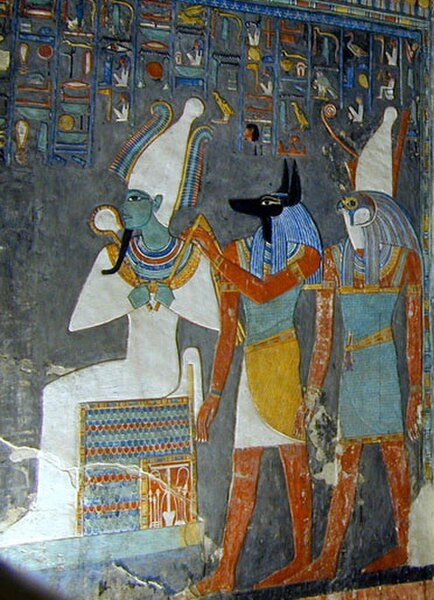Theism is broadly defined as the belief in the existence of at least one deity. In common parlance, or when contrasted with deism, the term often describes the philosophical conception of God that is found in classical theism—or conception found in monotheism—or gods found in polytheistic religions—or a belief in God or gods without the rejection of revelation as is characteristic of deism.
The philosophy of Baruch Spinoza is often regarded as pantheist.
A deity or god is a supernatural being considered to be sacred and worthy of worship due to having authority over the universe, nature or human life. The Oxford Dictionary of English defines deity as a god or goddess, or anything revered as divine. C. Scott Littleton defines a deity as "a being with powers greater than those of ordinary humans, but who interacts with humans, positively or negatively, in ways that carry humans to new levels of consciousness, beyond the grounded preoccupations of ordinary life".
Pantheists believe that the universe itself and everything in it forms a single, all-encompassing deity.
Statuette of a nude, corpulent, seated woman flanked by two felines from Çatalhöyük, dating to c. 6000 BCE, thought by most archaeologists to represent a goddess of some kind
Yoruba deity from Nigeria
Egyptian tomb painting showing the gods Osiris, Anubis, and Horus, who are among the major deities in ancient Egyptian religion





